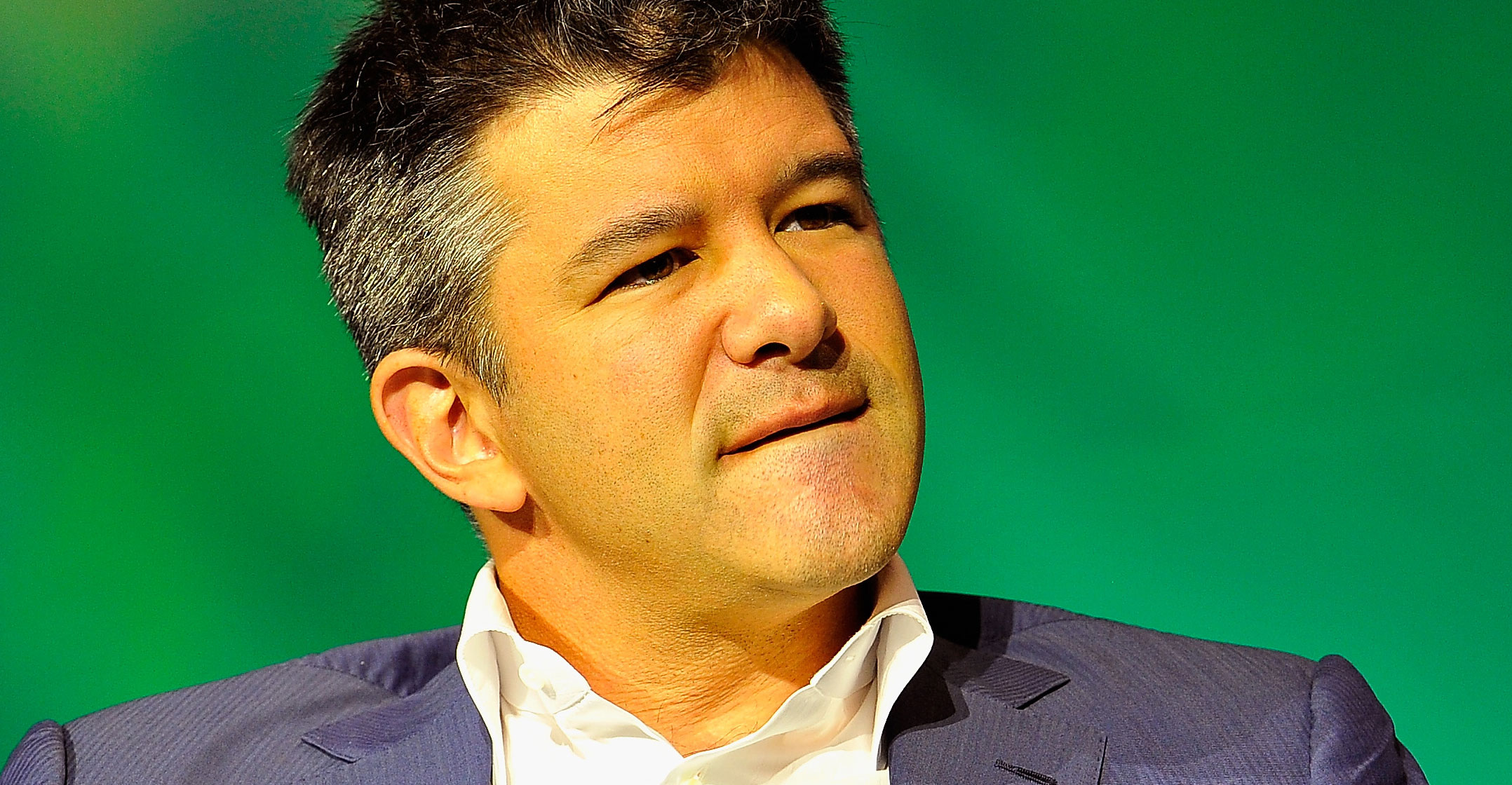
[dropcap]T[/dropcap]ravis Kalanick made Uber a global force by breaking all the rules. The next chief executive will have to be a diplomat, power-sharer and defender of the internal controls long neglected at the world’s most valuable start-up. It’s a tall order.
While Kalanick’s surprise resignation clears the way for a new leader, finding someone of the right calibre who’s willing to take on such a difficult job won’t be easy. Uber was already struggling in its hunt for a number two to fill a chief operating officer role. That was cast as adult supervision for Kalanick as the company tried to end a crisis over sexual harassment allegations and other wrongdoings.
A new CEO will have more clout to make real changes than a second-in-command ever would have. That said, Kalanick, who’s said to control a majority of the voting rights at Uber, will keep his board seat. So the incoming boss will still have a powerful founder breathing down their neck.
Plus the manner in which Kalanick was pushed out by a faction of shareholders is odd. Just a week ago, several board members told an all-staff meeting that the founder was merely taking a leave of absence. What changed? Why did those shareholders — reportedly led by board member Bill Gurley of Benchmark Capital and joined by four other investment firms — act suddenly after months of scandal? That it was a letter sent by the five shareholders that forced Kalanick’s hand, and not action by the board, raises doubts about the future governance of Uber. Was the board divided over his fate?
The guessing game about replacements, some surely fanciful, has started already. Names like Facebook number two Sheryl Sandberg and Hewlett Packard boss Meg Whitman are circulating in the media. It might be easier for a star from another industry to play the outsider. The New York Times recently reported that David Cush, former CEO of Virgin America, was being considered as COO.
Big challenge
Indeed, convincing genuine Silicon Valley royalty to join may be difficult given the scale of the challenge at Uber. The company, whose last private valuation was US$69bn, is increasing revenue quickly: it was $6.5bn last year. But losses are still heavy even after it withdrew from China where it capitulated to a tough local rival.
The idea that ride-hailing would be a winner-takes-all market, where the best technology prevails, has turned out to be wrong. In the US, Lyft has been rejuvenated. Meanwhile, Uber clones are securing big funding rounds in places from India to Latin America and the Middle East.
Then there’s the endless regulatory battle. In some countries, Uber may end up having to provide more employee-like terms to drivers, whom it has long maintained are self-employed. There’s also a pesky intellectual property lawsuit against Uber brought by Google’s parent Alphabet over self-driving car technology.
It’s a lot to take on, even for a seasoned executive. One wonders if the newcomer won’t end up being somewhat of a placeholder while Kalanick works on some serious self-improvement. He has been through a personal tragedy recently after his mother died in an accident and his father remains ill. Kalanick could one day make a bid to return if Uber falters again, just as Steve Jobs took back control of Apple after being ousted.
As Gurley tweeted, few entrepreneurs have had such a lasting impact on the world as Kalanick. The question remains as to how much Uber itself will profit. — Reported by Leila Abboud, (c) 2017 Bloomberg LP




